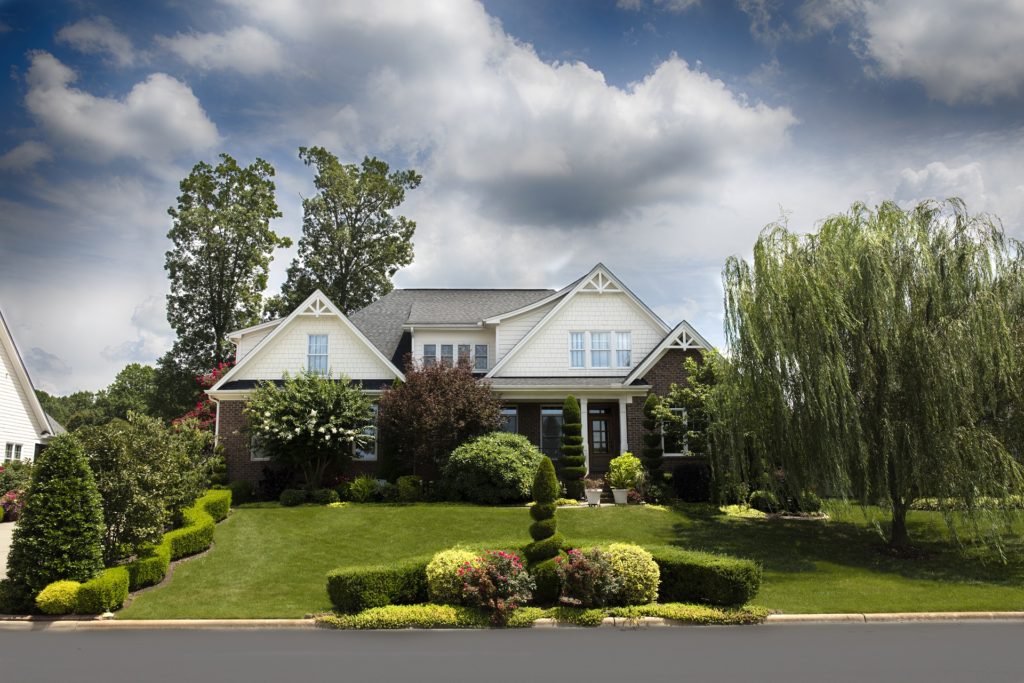
While many homes in Southern California are comprised of natural grass, the upkeep that’s needed to maintain a yard that’s constantly growing can be frustrating and time-consuming. To account for these issues, it’s possible to place artificial turf on your lawn. Turf is comprised of synthetic fibers that are designed to look like grass. While the appearance isn’t an exact replica of grass, it’s able to appear similar to grass while providing homeowners with a number of unique benefits.
Among these many benefits is the fact that placing turf in your yard will allow you to avoid the hassle of maintaining a yard of grass. While turf should be lightly cleaned and brushed around once or twice every month to maintain an optimal appearance, grass needs to be tended to at least once every week with mowing, weed-eating, and many other time-consuming tasks. Artificial grass should also boost the curb appeal of your home, which means that the property should be worth more than it is now if you place it on the market in the future. With these benefits in mind, the following provides a detailed comparison between turf and grass, which should help you determine which material is right for your Southern California home.
Key Takeaways:
- Artificial grass, more commonly known as turf, requires less maintenance and overall costs less in the long run than regular grass.
- If you are looking for a more natural and realistic look for your home, real grass might be best for you.
- Homes with turf may sell for a higher price in Southern California due to the aesthetic appeal and easier maintenance process.
Turf vs. Grass: Maintenance
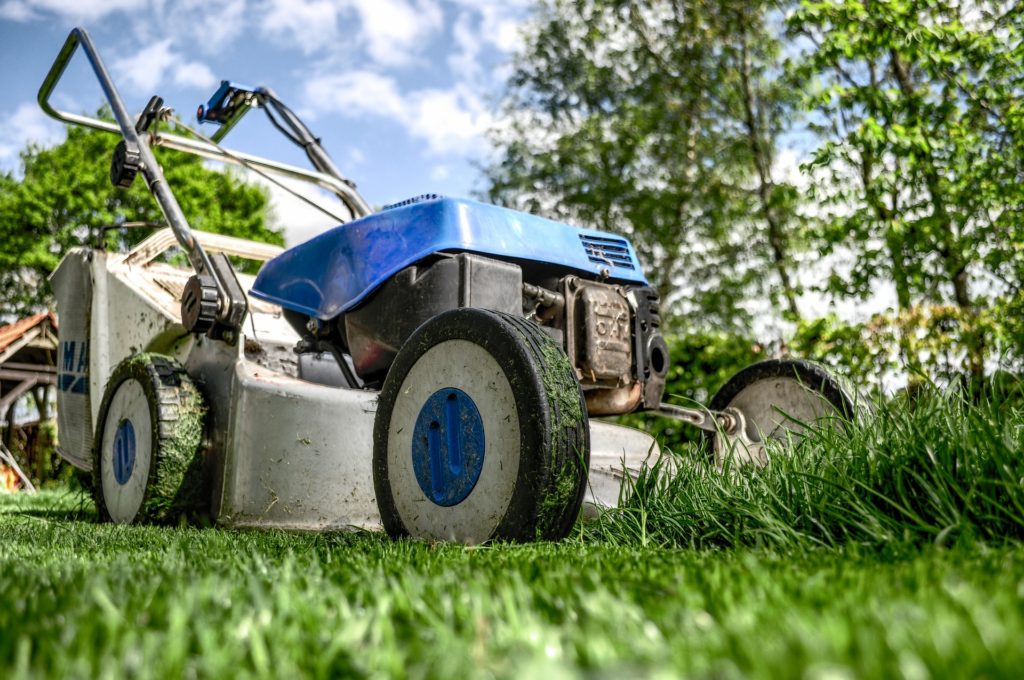
The main difference between turf and grass has to do with their maintenance requirements. When caring for a grass lawn, you will be required to mow the yard during the late spring months and the entirety of the summer months, which can take up a significant portion of your time every month or cost you a substantial sum of money if you decide to pay someone to mow the yard. When the fall months arrive and the leaves start to fall, the yard will also need to be raked occasionally. In Southern California, there will also be times when the weather is dry and the yard isn’t getting enough moisture. To keep the lawn lush and green, it may need to be fertilized and irrigated. It’s possible that insecticide will need to be applied to the lawn as well.
As for turf, lawns that are made with these synthetic fibers are much easier to care for when compared to grass lawns. For one, you won’t need to mow, irrigate, or fertilize the lawn. It’s also important to note that insects and other pests aren’t attracted to a lawn that’s made from turf. When the turf gets dirty, all that’s required of you is to wash the dirt off. Aside from the occasional cleaning, the primary maintenance requirement for turf involves raking the yard during the fall, which is still easier than raking a grass lawn. Overall, you should expect a turf lawn to be easier to maintain.
Turf vs. Grass: Cost
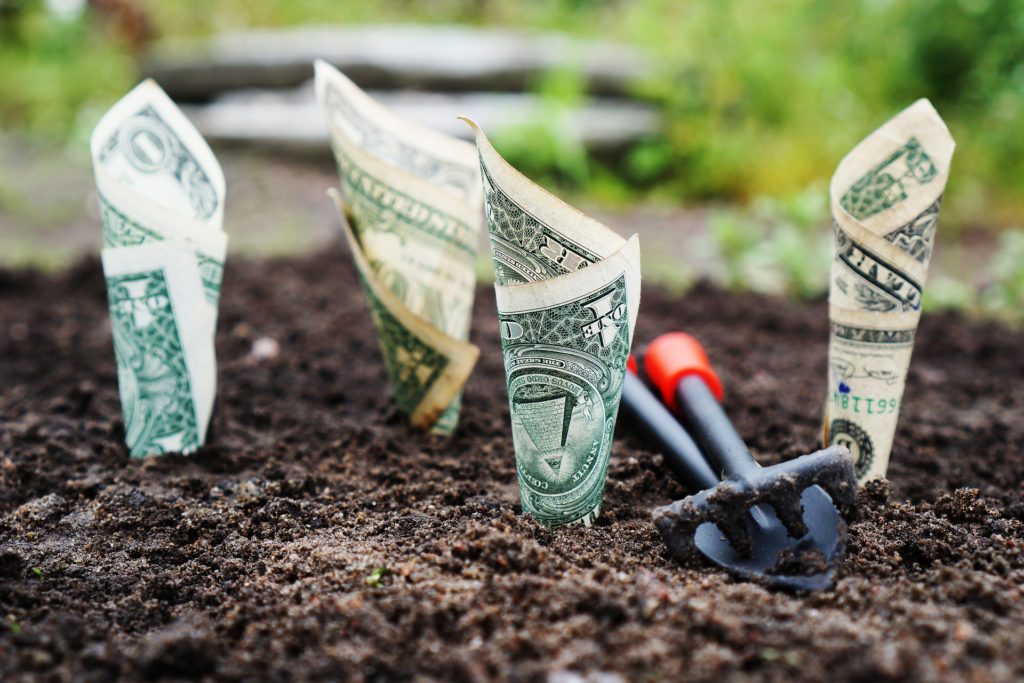
If you’re creating a budget for your Southern California home, the costs for turf and grass differ significantly depending on a variety of factors. However, the installation costs associated with artificial turf mean that you will initially be required to pay much more for a lawn made from turf. In order to place synthetic turf in your yard, you will be required to have your old yard dug up, after which some sand will be placed and leveled off. Before the artificial turf is installed, rubber pellets will be positioned on top of the sand.
Despite the high initial expenses that come with an artificial lawn, the costs associated with grass lawns are relatively equal to those of artificial ones in the long run. Grass lawns require continual maintenance expenses for insect control, irrigation, and lawn mowing, which add up over time. On the other hand, artificial lawns can be maintained without the need for these extra expenses. Artificial turf will last around 15-25 years once installed, which means that the initial investment should be worth it overall.
Since you won’t need to mow your lawn or irrigate the area, you should also be able to avoid the costs that come with hiring a gardener. On the other hand, a gardener could help you make sure that your artificial lawn is aesthetically appealing, which increases the curb appeal of your property.
Overall Aesthetics & Feel
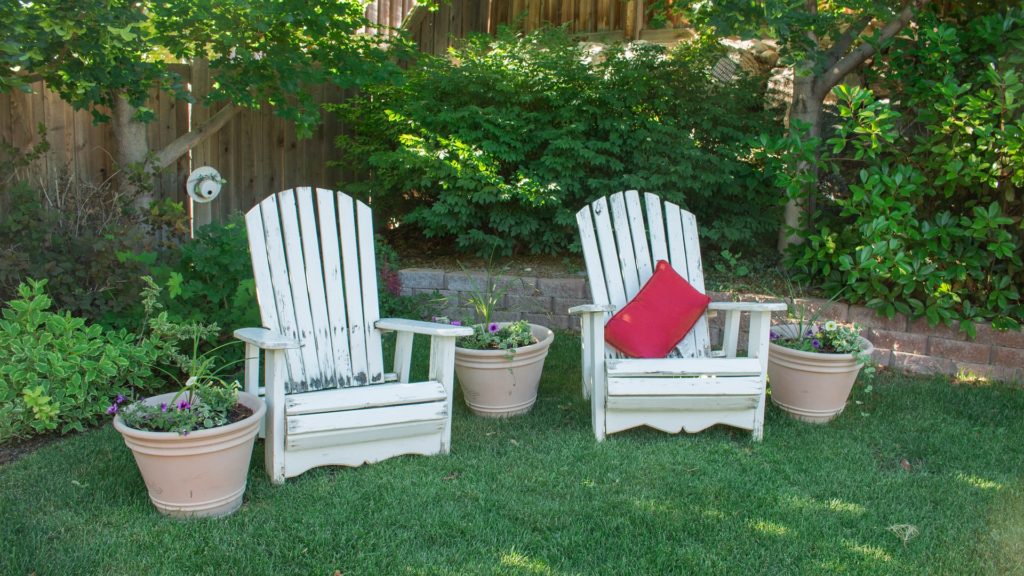
Other important considerations to keep in mind when choosing between turf and grass involve the overall aesthetics and feel of the surface. Some people prefer real grass over turf because grass feels and looks more realistic. If you purchase premium artificial turf, the synthetic fibers should provide you with a soft material that’s comfortable to walk on. However, the feeling of walking on natural grass is difficult to replicate, which some people can have a problem with.
The sound associated with artificial turf can be rough on the ears as well. Whenever the material is being walked on, you will likely notice a very soft rustling sound, which is another thing that makes turf seem different than real grass. On the other hand, high-end turf can look almost the exact same as natural grass without the laborious maintenance requirements, which means that your neighbors may not realize the difference between their yard and yours. Make sure that you avoid purchasing more affordable turf if you don’t want your lawn to have an artificial appearance. If aesthetics is a top consideration, natural grass may be your best option.
What is the Impact On the Environment?
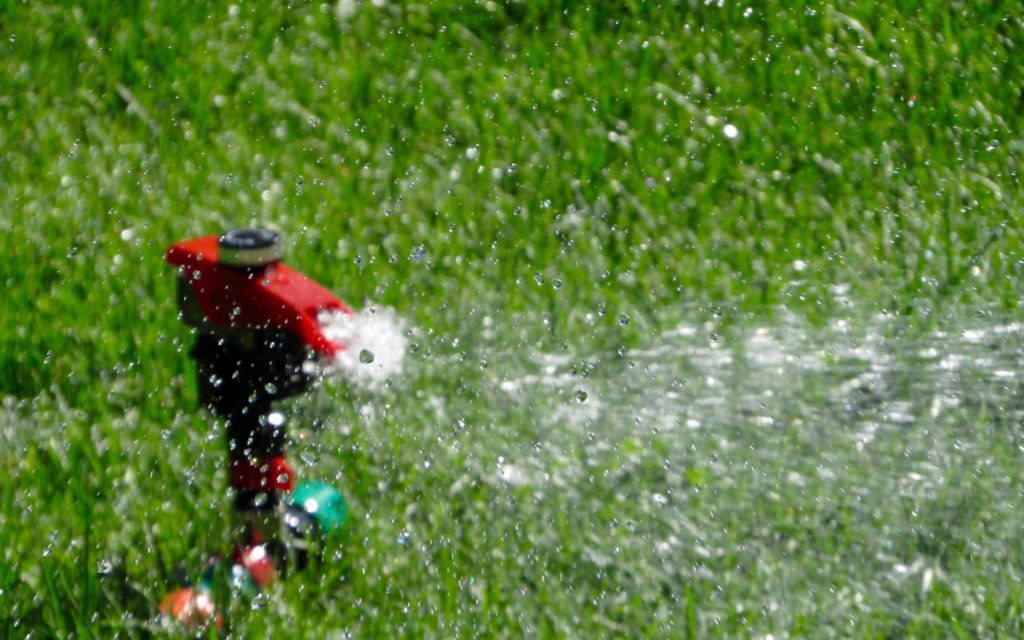
If a main consideration of yours is to have a landscape that’s friendly to the environment, it’s important that you understand the impact that turf and natural grass have on the environment. To this end, it’s difficult to determine which option is best for the environment. If you decide to use real grass with your lawn, it can be a great filter for any excess water runoff. On the other hand, turf doesn’t require the use of insecticides or fertilizers, which means that the runoff from an artificial lawn should be cleaner. It’s possible, however, that the treatments used to clean turf can leech silver ions, which are toxic to various aquatic environments.
If you decide to opt for synthetic grass, keep in mind that this material absorbs heat when the outside temperature is hot, which means that you may need to use the air conditioner on a more frequent basis with an artificial lawn. The automatic trimmers and lawn mowers that are used with grass lawns can create emissions that add pollution to the air, which can be bad for the environment.
A negative aspect of using turf is that this material isn’t biodegradable, which means that it will continue to sit in a landfill if ever you decide to remove the material from your lawn. Overall, turf and grass impact the environment in different ways, which you should take into account before making your final decision. If you’re trying to identify an option that’s more environmentally friendly than the other, both options can benefit and detract from the environment in their own ways.
How Does the Turf or Grass Affect the Value of Your Home?
If your main goal when selecting between turf and grass is to choose one that adds to the value of your home, you’ll likely want to have artificial grass installed on your property. To understand why turf is better for the resale value of a home, you should first know about the effects that drought conditions have on a lawn. In Southern California, it’s common for droughts to occur. At these times, restrictions are usually placed on how much water a homeowner can use in a given month, which means that you won’t be able to water your lawn on a regular basis. When grass doesn’t get enough water, it will fade, turn brown, and eventually die, which can significantly worsen the appearance of your yard.
If you have artificial turf installed in your yard, you won’t need to worry about consistent drought conditions in your area. Since turf lawns don’t require water, they will still appear to be lush and green even if it hasn’t rained in days or weeks. As such, homes that come with artificial lawns will typically sell for higher prices than homes with grass lawns in Southern California.
If a pet owner is interested in your home, turf is considered to be ideal for dogs and all kinds of pets, which means that they may pay more for your home. For one, ticks and fleas have a more difficult time surviving on artificial lawns. Your dog also won’t get dirty every time they go outside, which isn’t the case when they play in the dirt and mud that comes with real grass. Since your pet won’t bring in any dirt, your patio and home should remain clean when your pet decides to come in from outside.
At the end of the day, turf is considerably better for the value of a home in Southern California. While you might prefer the feel of real grass, high-end turf looks almost the same as grass while having none of the drawbacks. To obtain the best turf, make sure that you search for turf manufacturers that offer multi-colored blades for a more natural appearance.